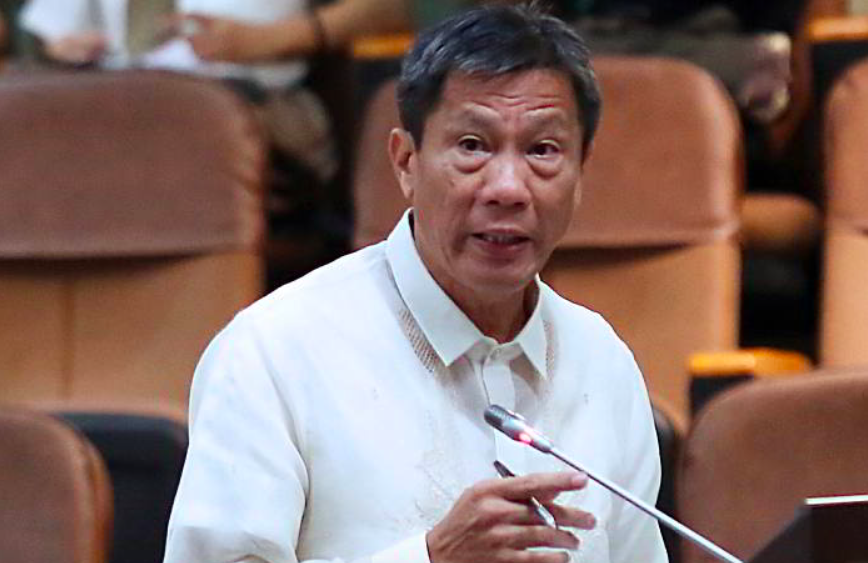
Councilor Nestor Archival | CDN Digital file photo
CEBU CITY, Philippines – City Councilor Nestor Archival expressed disappointment over the rejection of a motion to reinstate the Citizen’s Hour, a time for public participation in council meetings, during the reorganizational session on July 3.
Archival stated that the motion aimed to give citizens a platform to voice their concerns and suggestions directly to their elected representatives.
“I’m very sad because as a representative sa mga katawhan, me as a councilor, dili man ko makakuha unsa gyu’y klaro nga naa sa mind sa mga taw,” he said.
Archival emphasized the disconnect between council decisions and public sentiment. He mentioned that decisions, such as the allocation of significant funds—like the approximately P500 million budgeted for Palaro—require public scrutiny to ensure transparency and accountability.
READ: Cebu City Council: 2 councilors reject posts; majority seats filled
Cebu City ‘not ready for pedestrianization,’ says council’s transport head
Archival pointed out that without a structured forum like the citizen’s hour, critical questions from the public regarding expenditures, such as the contentious P135 million LED wall for Palaro, may remain unanswered.
He stressed that public engagement is essential not only for transparency but also for ensuring that council decisions align with community needs and priorities.
The citizen’s hour had been a practice during the 15th Sangguniang Panglungsod, where it facilitated direct interaction between citizens and their representatives on pressing city-wide issues.
Archival cited its effectiveness in bridging the gap between the council and the populace, allowing for informed decision-making that reflects community feedback.
READ: Garcia urges end to partisan politics, calls to focus on public welfare
However, objections from the majority in the current council session have halted efforts to reinstate this practice during the recent organizational session last July 4.
Archival expressed disappointment over these objections and argued that alternatives like executive sessions do not adequately capture public sentiment, as they primarily involve councilors and select officials.
“Executive sessions and social media cannot replace the genuine expression of public sentiment,” Archival asserted.
Meanwhile, Archival said that despite facing objections from the council, that would not stop him from advocating for the citizen’s hour.
He further hinted at potential future actions, including lobbying or proposing a new resolution to reintroduce this crucial mechanism for public participation. /clorenciana

